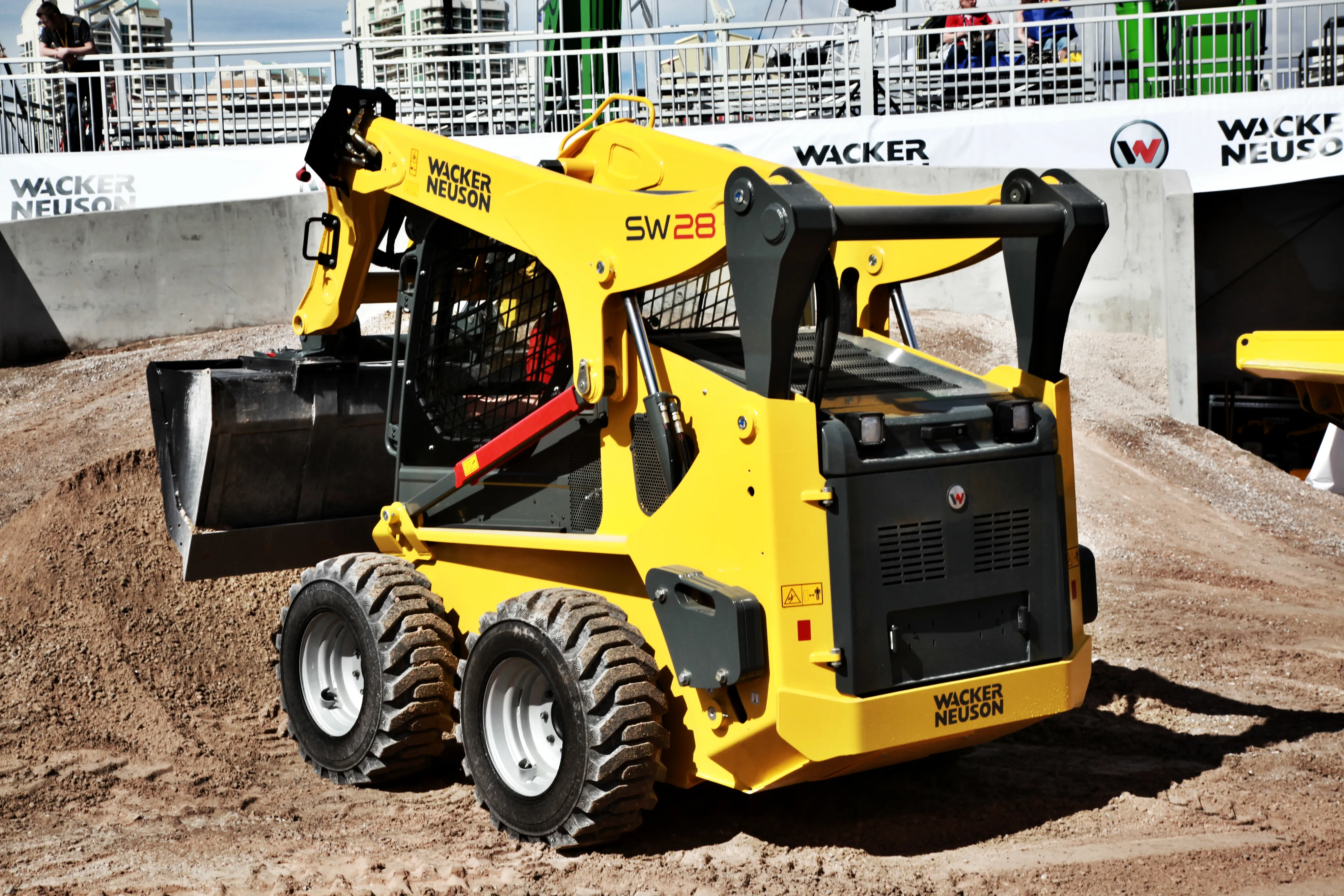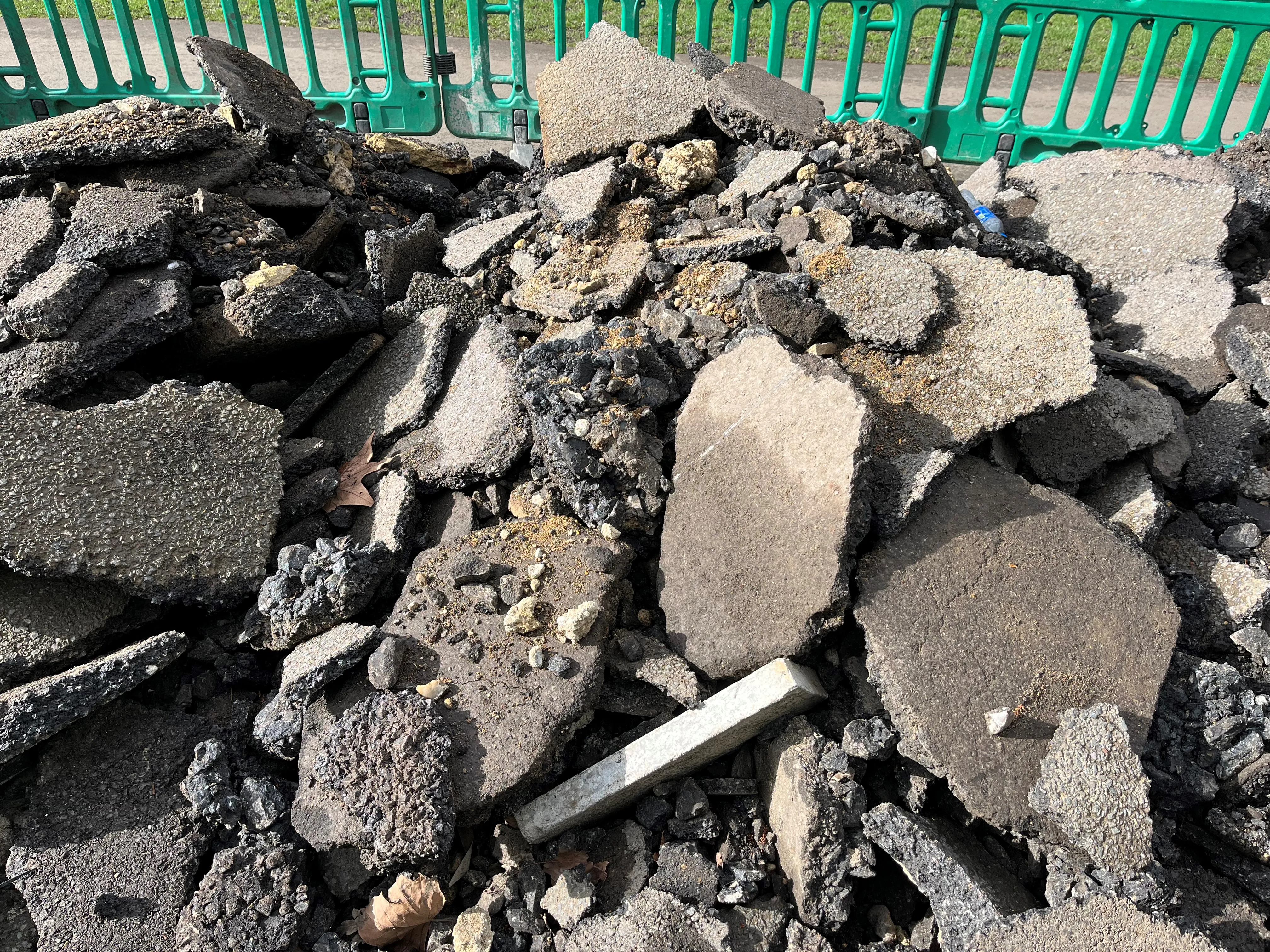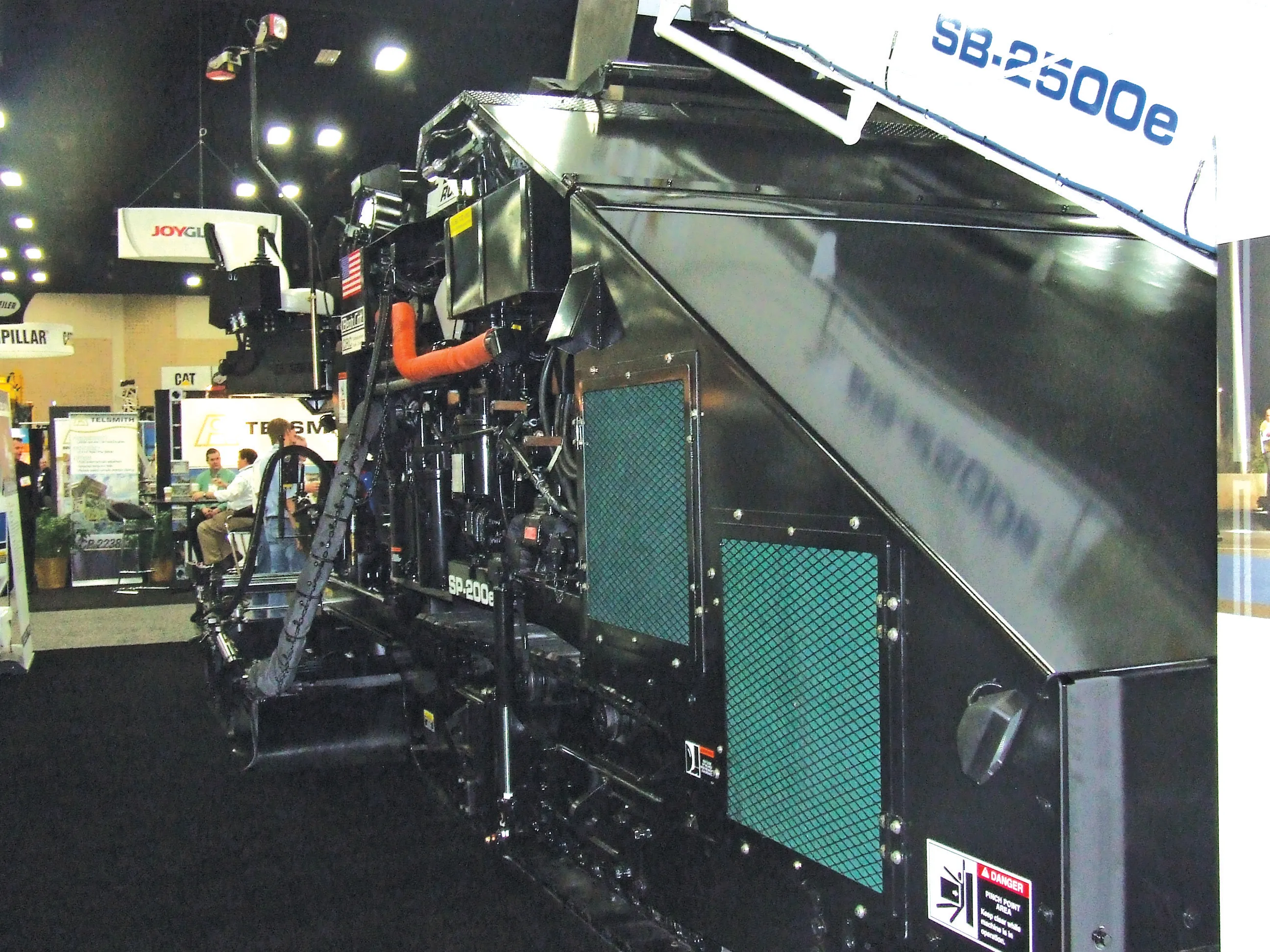Wacker Neuson’s preliminary results make promising reading, with group revenue rising by 6% in 2013 to €1,160 million. Since 2009, revenue has almost doubled, rising from €597m. Speaking at Conexpo, CEO Cem Peksaglam stated the group’s intent to grow its business outside Europe: “Over 70% of our revenues are in Europe, but that proportion has been falling for the past two years, which is strategically important,” he said, “because in the long-term, we believe that the European share will fall to 50-55% and
March 7, 2014
Read time: 2 mins

Speaking at Conexpo, CEO Cem Peksaglam stated the group’s intent to grow its business outside Europe: “Over 70% of our revenues are in Europe, but that proportion has been falling for the past two years, which is strategically important,” he said, “because in the long-term, we believe that the European share will fall to 50-55% and the Americas and Asia-Pacific will have a bigger share of revenues in the future.”
Revenue in all three of its businesses – light equipment, compact equipment and services – grew. While revenue in Europe and America increased, the Asia-Pacific region performed slightly below 2012 levels due to market downturns in Australia and New Zealand.
Conexpo saw the unveiling of a new line of skid steer and compact track loaders, two of each, designed specifically for the US market. Wacker Neuson represented this line as the missing piece of the jigsaw, which will help the firm to build growth through its range of US distributors.
“The Americans love this product,” said Peksaglam. “The biggest market is here in the US. For that reason, we developed a product line of skid steers specifically for the US.” Developed jointly in Wacker Neuson’s facility in Hoersching, Austria and Menomee Falls in the US, the manufacturer worked with US operators in order to perfect the design.
Peksaglam is expecting Wacker Neuson’s growth to continue this year. “2014 already started quite well for us,” he said.
www.wackerneuson.com








